Publications
Quema in situ: Una técnica de limpieza para derrames de hidrocarburos
Se reconoce que la quema in situ es una alternativa viable de los métodos mecánicos para la limpieza de derrames de hidrocarburos en agua y en áreas costeras cercanas, humedales y otras situaciones en tierra. Cuando se realiza correctamente y en las condiciones adecuadas, la quema in situ puede reducir rápidamente el volumen de hidrocarburos derramados y eliminar la necesidad de recoger, almacenar, transportar y disponer de los hidrocarburos recuperados. La quema in situ puede acortar el tiempo de respuesta a un derrame de hidrocarburos, reduciendo así las probabilidades de que el derrame de hidrocarburos se extienda en la superficie del agua, protegiendo de ese modo la biota acuática. La rápida eliminación de hidrocarburos puede asimismo impedir que estos lleguen a las costas, que son difíciles de limpiar y es donde se produce el mayor daño ambiental causado por los derrames de hidrocarburos.
Download now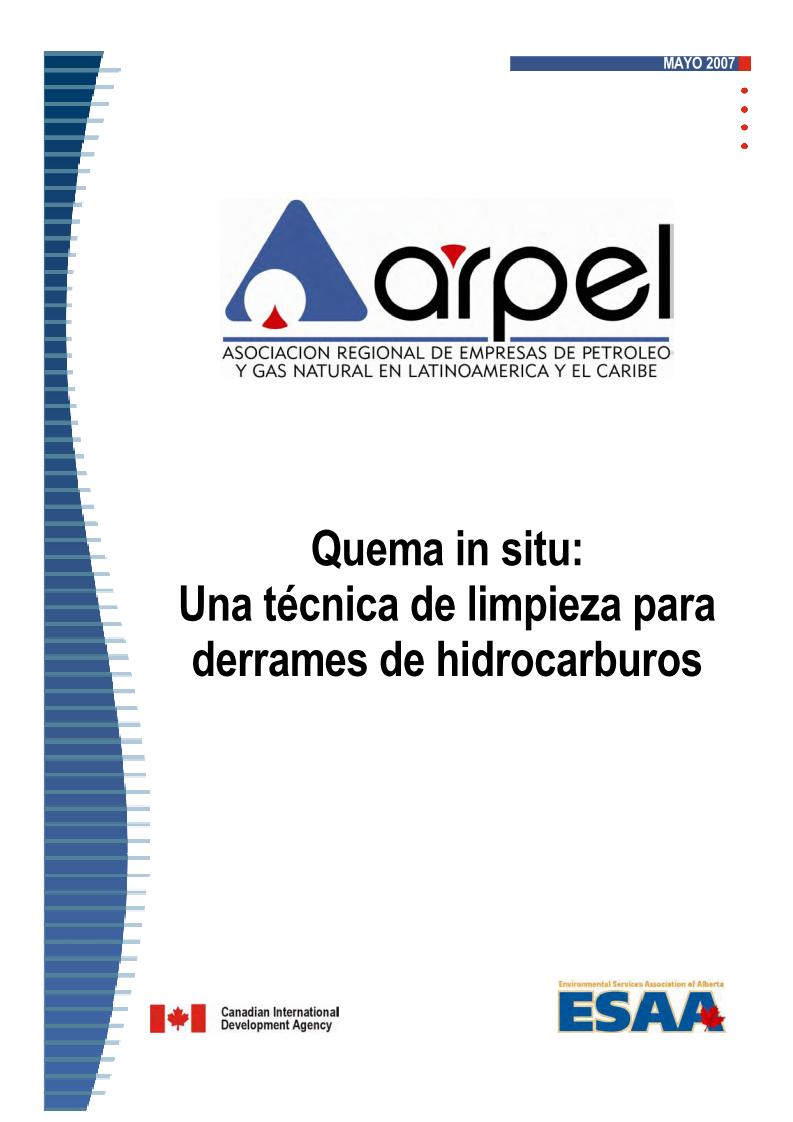
-
Tags:
- Security
- Environment
Related content
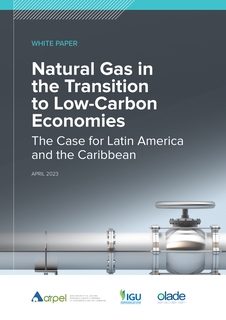
Environment, Sustainability, Gas
Natural Gas in the Transition to Low-Carbon Economies - The case for Latin America and the Caribbean
This document provides an overview of the role of natural gas, complemented by lower carbon/green... More info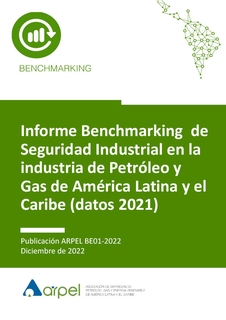
Occupational Health, Environment, Sustainability
Arpel Occupational Safety Benchmarking Report (2021 data)
Arpel Member Companies occupational safety statistics annual report analyzes the trends of four... More info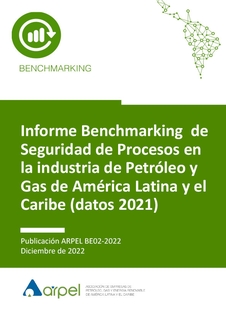
Security, Occupational Health, Environment
Arpel Process Safety Benchmarking Report (2021 data)
This report is an annual comparative study between Arpel member companies on process safety... More info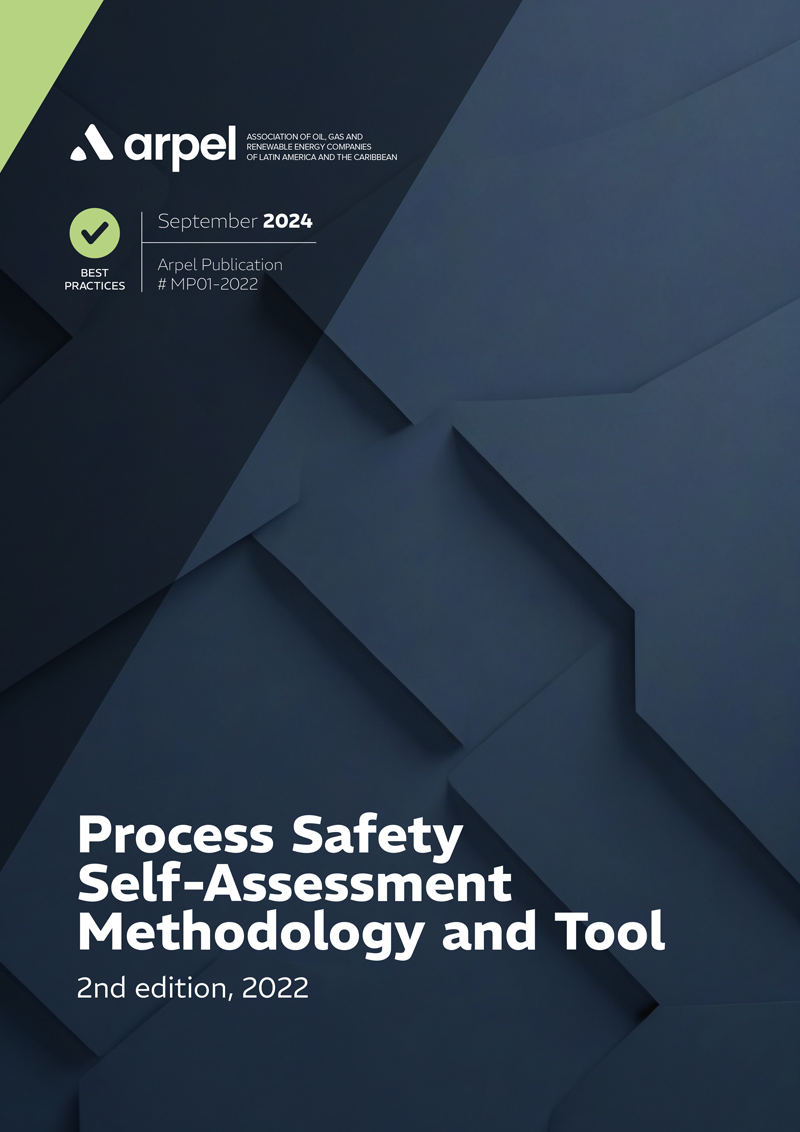
Security, Occupational Health, Environment
Process Safety Self-Assessment Tool v2
Arpel Process Safety Self-Assessment Methodology and Tool provides a friendly and useful tool to... More info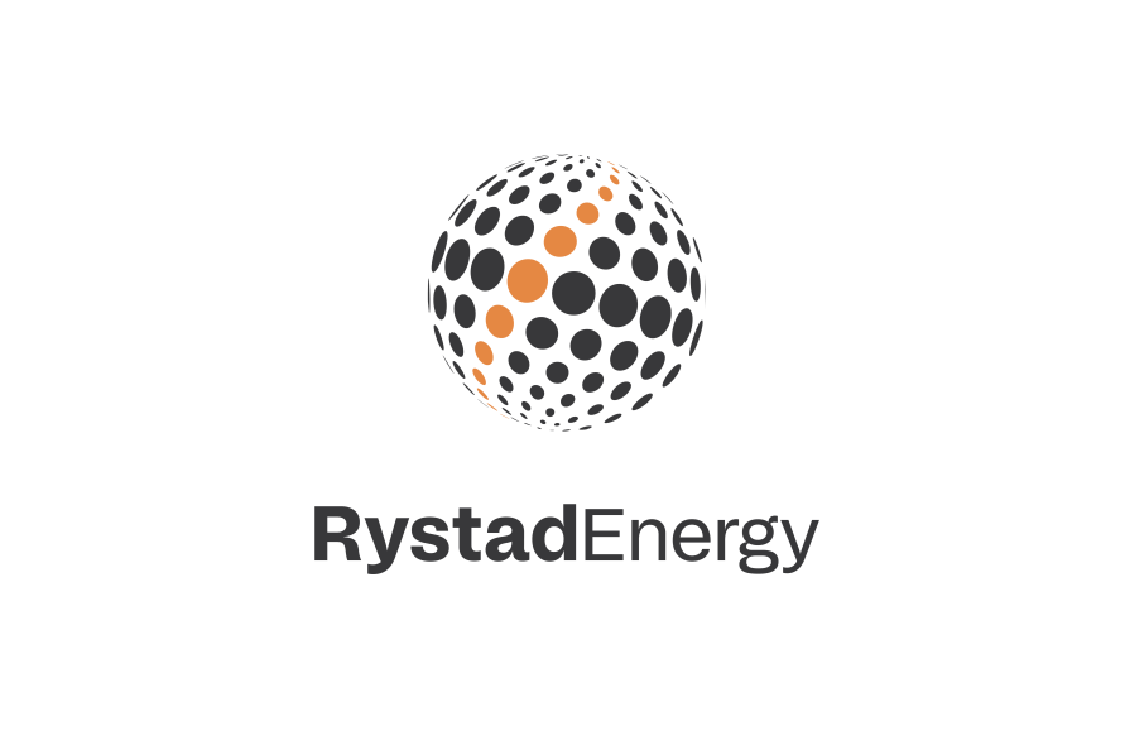
Environment, Energy Transitions, Digitalization
Arpel welcomes Rystad Energy as a new cooperating member
Rystad Energy has joined Arpel as a new member. Rystad Energy provides independent data, analytics,... Read more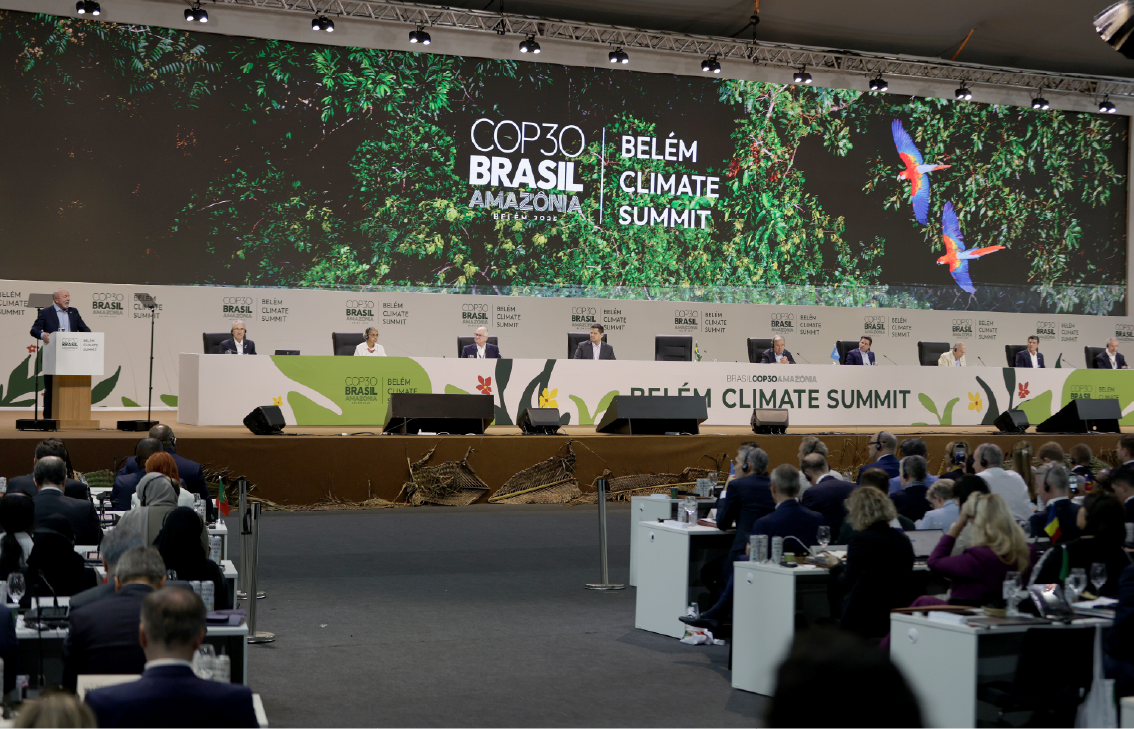
Environment, Energy Transitions, Digitalization
COP30: A milestone for Arpel and its member companies on the path to the Paris Agreement
COP30, held in Belém, Brazil, marked a turning point for the region and for Arpel, consolidating... Read more
Security, Occupational Health, Environment
Process Safety Fundamentals: Webinar with IOGP, BP, PAE, and ENAP
More than 500 oil and gas industry professionals took part in the webinar on Process Safety... Read more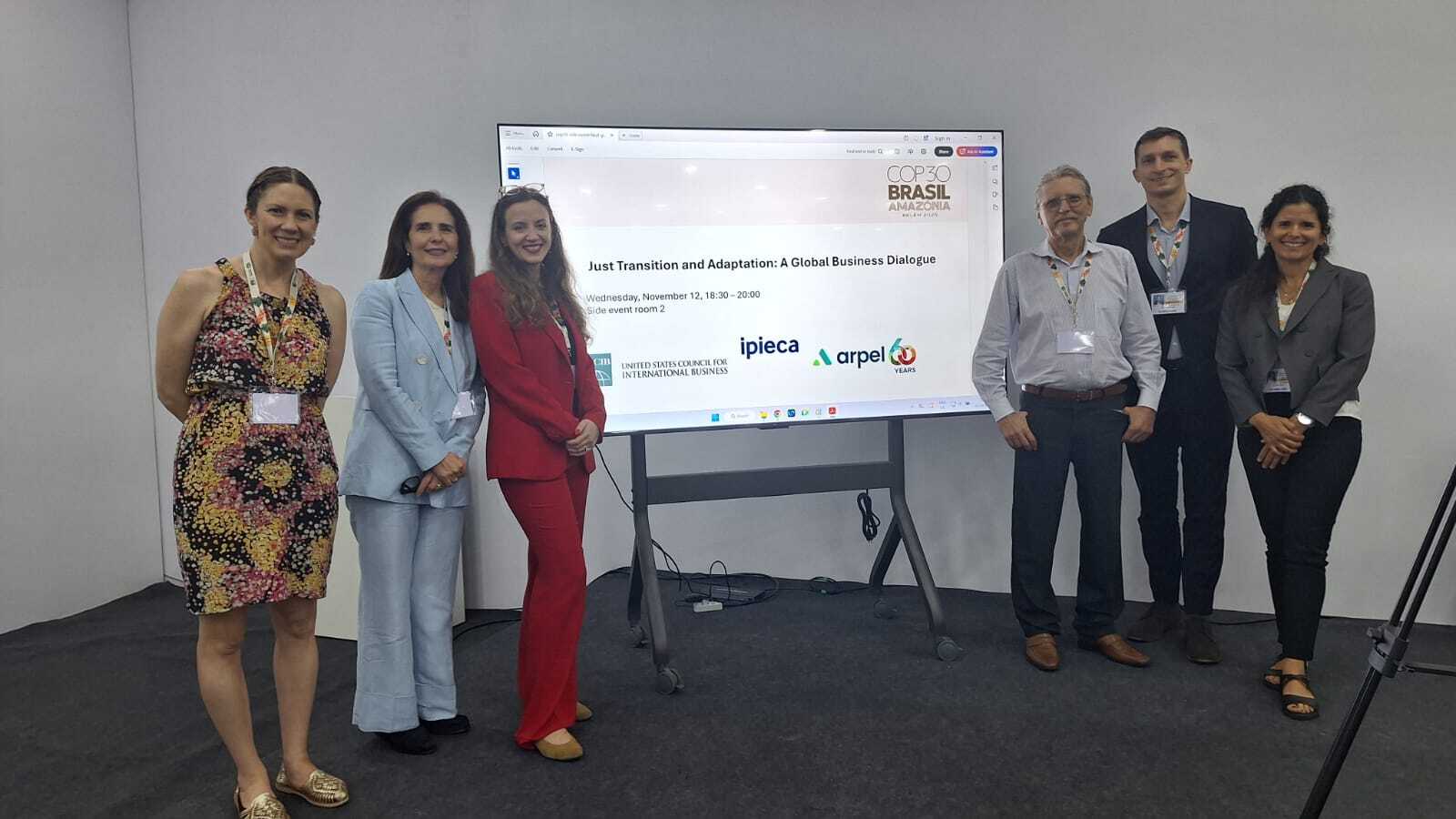
Environment, Energy Transitions
Arpel strengthens its commitment to the energy transition at COP30
This year marked the first time in its history that Arpel co-organized an official side event at... Read more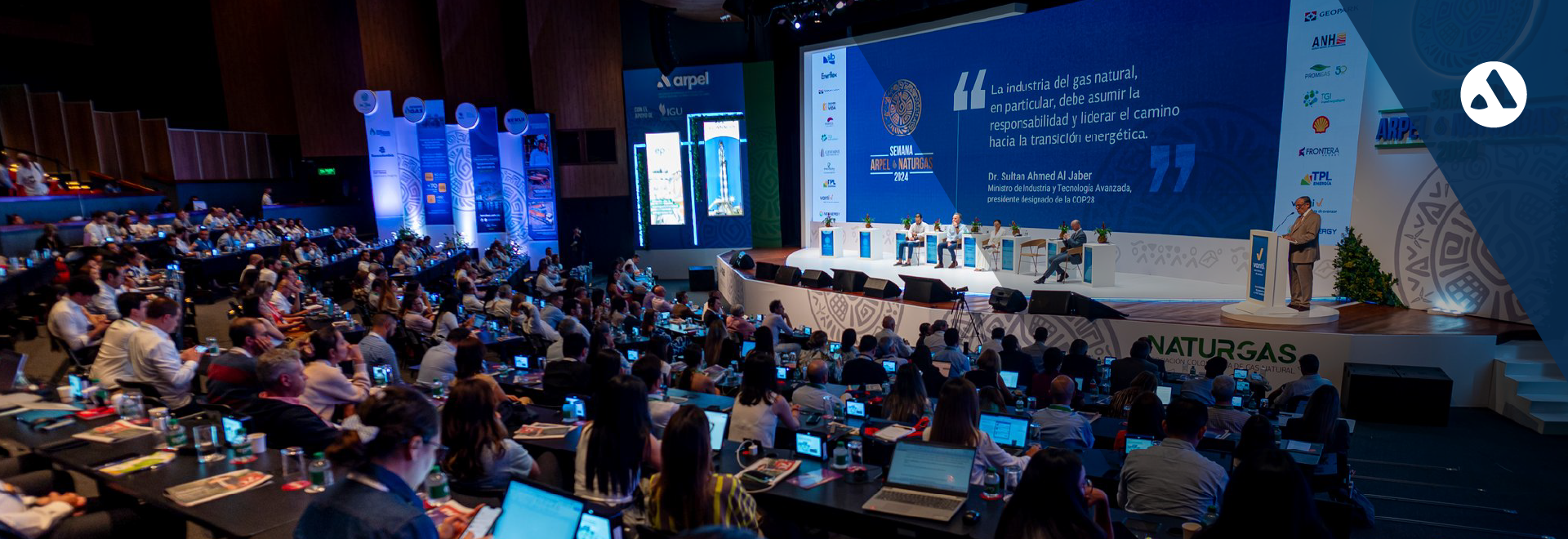
Refinement, Terminals, Gas
Arpel-Naturgas Week 2024
Arpel, the Association of Oil, Gas, and Renewable Energy Companies of Latin America and the... More info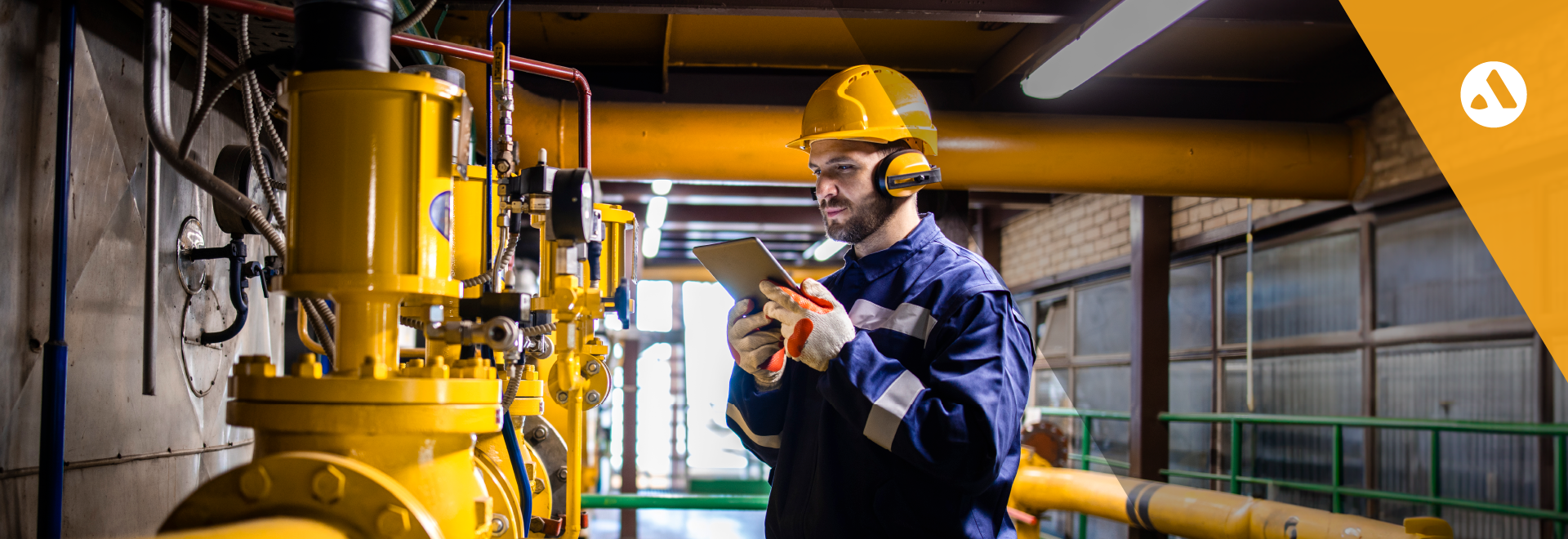
Security
Improving Process Safety Performance
API published the third edition of Recommended Practice (RP) 754, Process Safety Performance... More info
Environment
Global launch of RETOS™
Launch and live demonstration of the new Web Application of RETOS™ (Readiness Evaluation Tool for... More info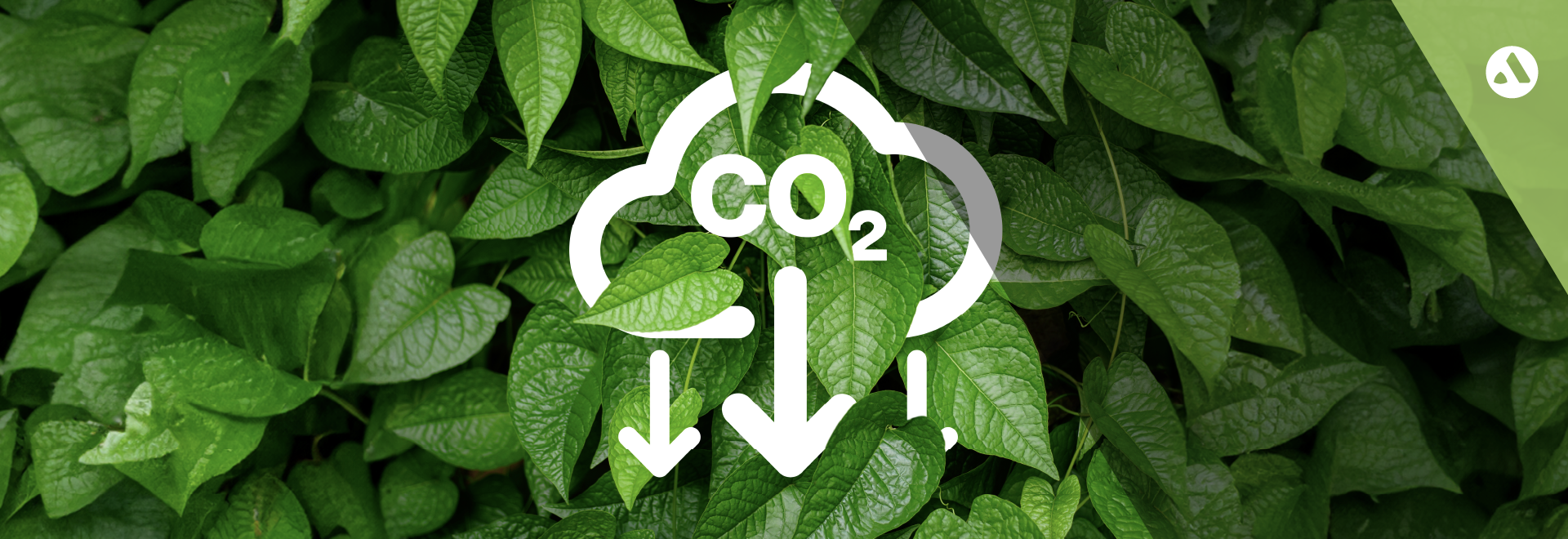
Exploration, Production, Transportation
Reducing of methane and CO2 emissions in upstream operations
More info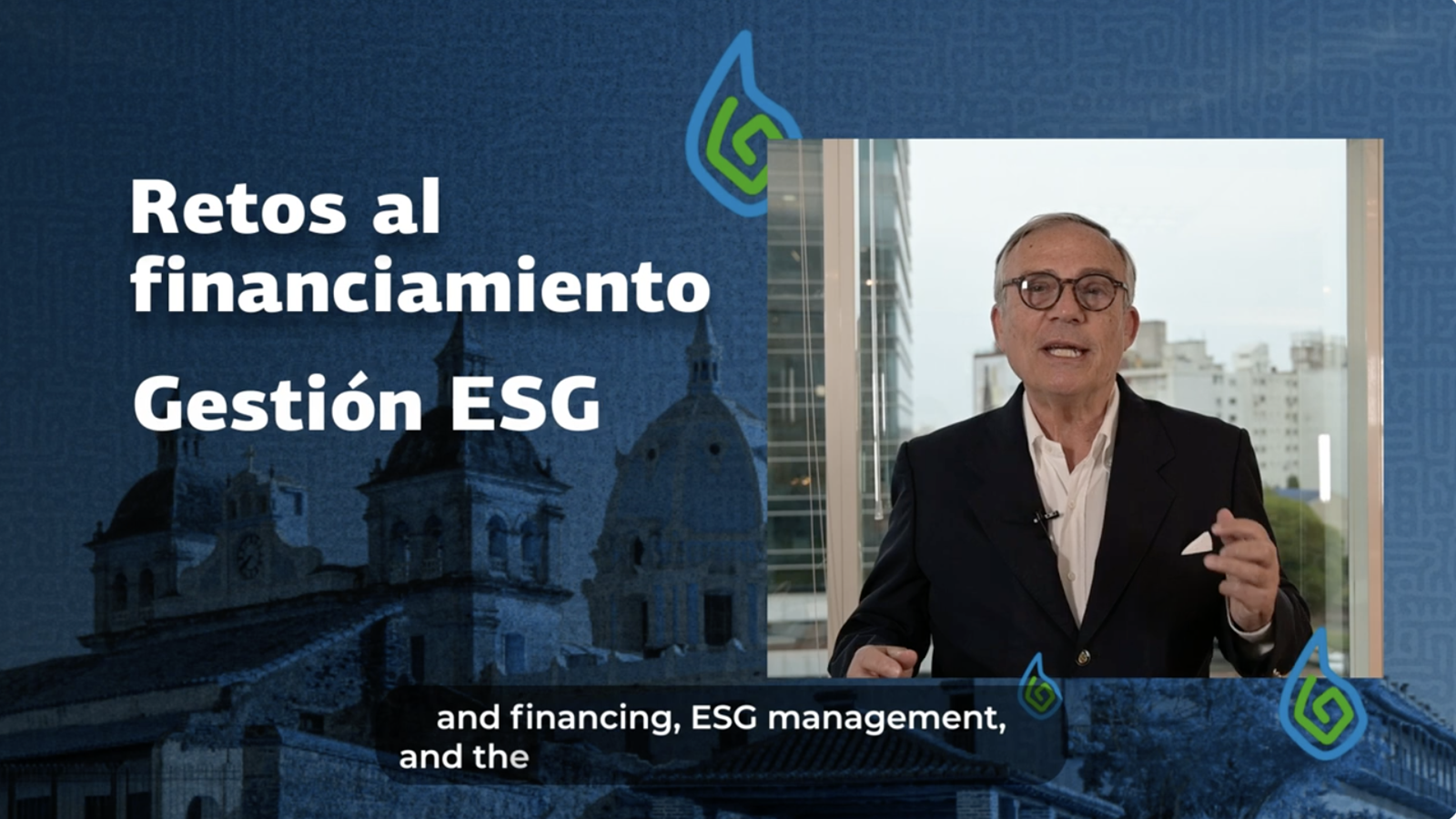
Environment, Energy Transitions, Sustainability
Arpel-Naturgas Week 2024 - April 8th to 12th in Cartagena de Indias
Watch video
Environment, Energy Transitions, Sustainability
VIDEO SUMMARY: Arpel-Naturgas Week 2024. From April 8th to April 12th in Cartagena de Indias, Colombia
Watch video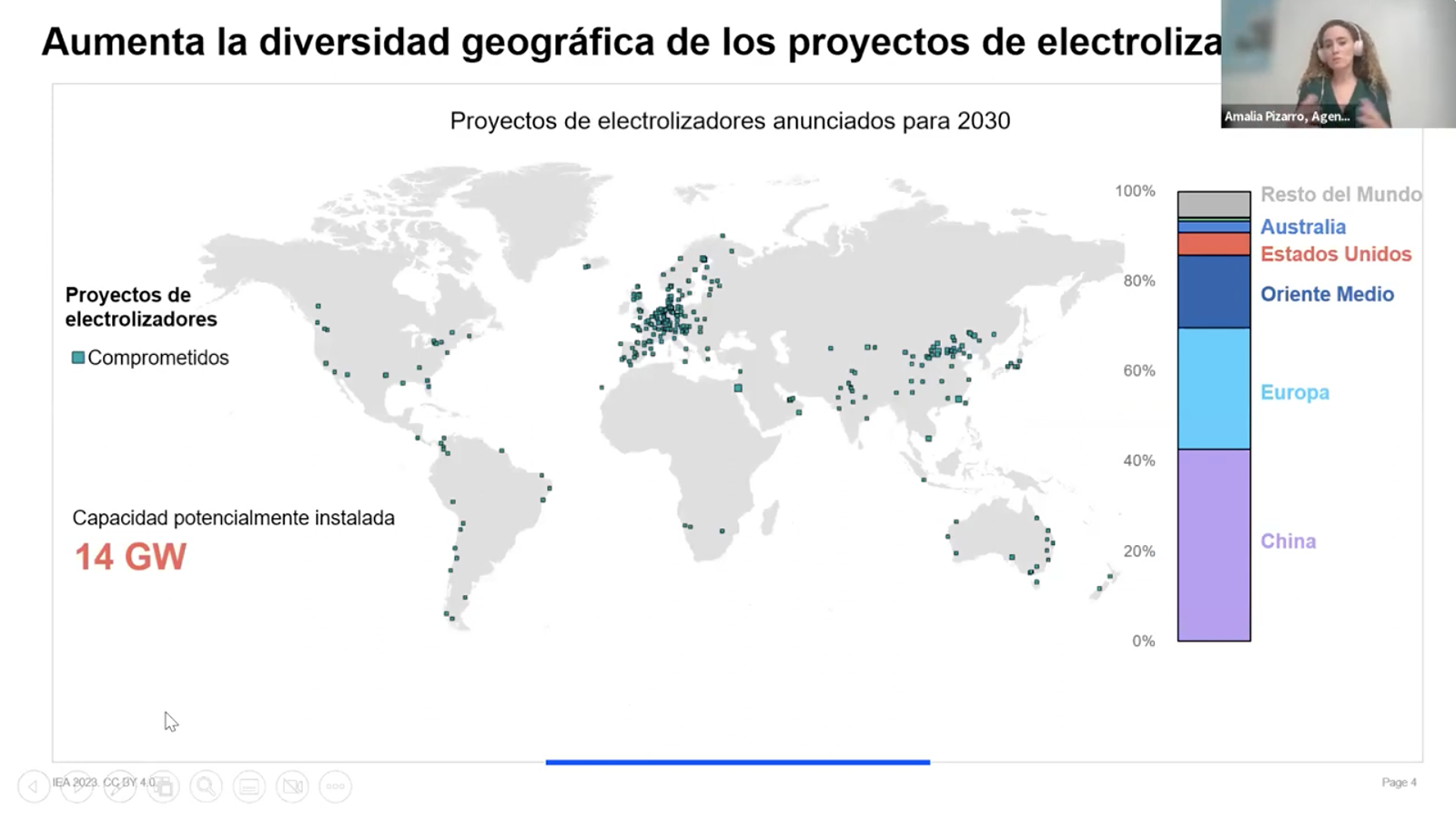
Environment, Energy Transitions, Other Energies
Day 2: Arpel Honeywell Workshop: H2 as an ally on the road to net-zero
Watch video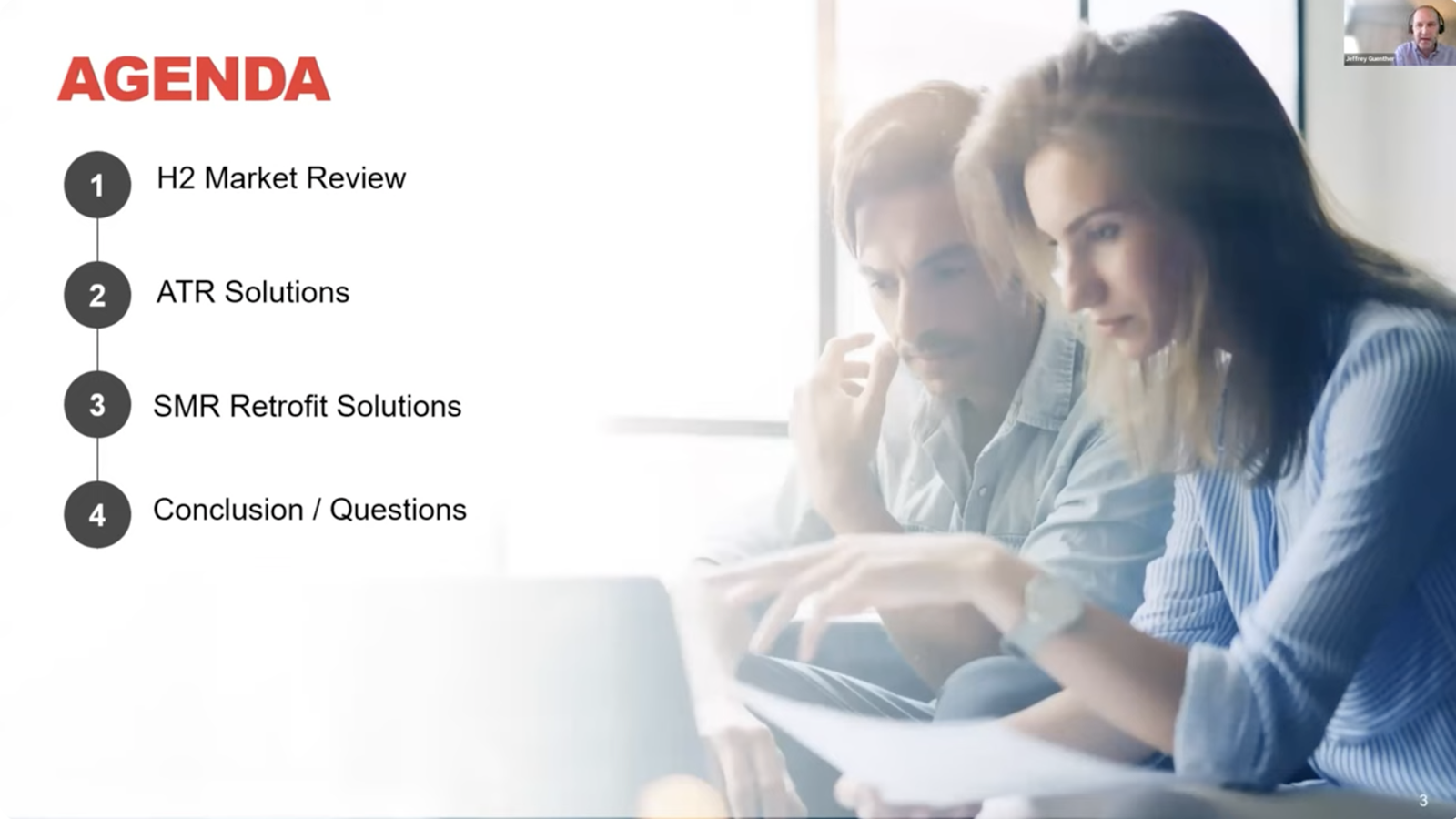
Environment, Energy Transitions, Other Energies